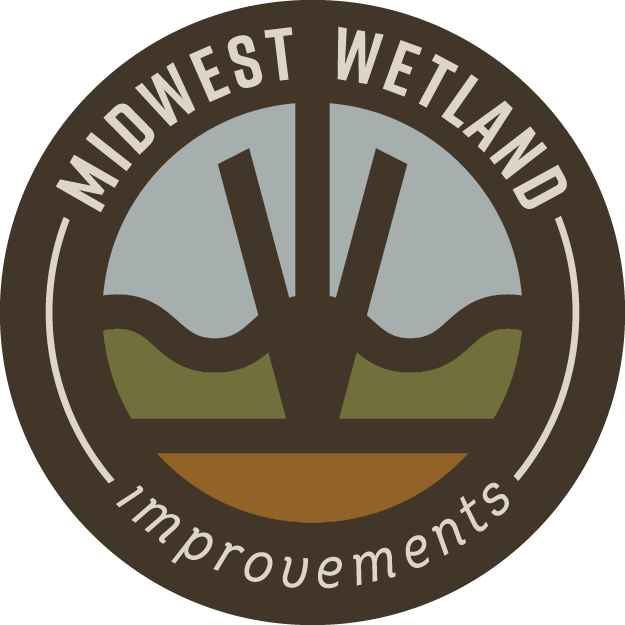Stream and Wetland Restoration Evaluations
Midwest Wetland Improvements specializes in landscape architecture, native land restorations, and stream and wetland mitigation banking. Our Comprehensive Wetland Restoration Evaluations help you identify and understand the water-based resources on your upper Midwest property, including Iowa, Minnesota, Wisconsin, South Dakota, and North Dakota.
Identify Causes of Degradation or Impairment
MWI uses the latest scientific evaluation tools to understand the current health of your resources and diagnose the causes of change, degradation, or impairment. We assess the quality of your wetlands and other water-based resources with advanced tools that include:
Stream Quantification Tool (SQT)
The U.S. Army Corps of Engineers defines the SQT as “a functional assessment method that provides a science-based, efficient, and repeatable approach to assess functional stream loss (debits incurred) at impact sites and functional stream lift (credits generated) at restoration sites. The tool consolidates established stream assessment monitoring protocols covering hydrology, hydraulics, geomorphology, physicochemical, and biological components in an Excel workbook to characterize stream ecosystem functions at a specific project reach.”
This tool is becoming implemented nationwide as the regulatory tool used to quantify stream channel impacts and mitigation requirements and estimate the restoration potential of restoration projects and stream mitigation banks. We have been following and using the Minnesota and Wisconsin SQT tools since they were established in the St. Paul District of the U.S. Army Corps of Engineers in 2019. Within the next year or so (2025), we expect the Minnesota and Wisconsin SQT tools to be combined into one tool for both states and the entire St. Paul District.
Wetlands Health Floristic Quality Assessment (FQA)
An FQA “is a vegetation-based ecological assessment approach used for wetland monitoring. It’s based on the coefficient of conservatism (C), a numerical rating (0–10) of a species’ fidelity to specific habitats and disturbance tolerance. Plants that have narrow habitat requirements and little tolerance to disturbance have high C-values and vice versa. FQA metrics derived from vegetation data and C-values are effective wetland-quality indicators, similar to indices of biological integrity.”
Hydrogeomorphic Wetland Classification System (HGM)
Wetlands are categorized based on their geomorphic setting, primary water source (e.g. precipitation, groundwater, or surface water), and hydrodynamics. The Hydrogeomorphic Wetland Classification System (HGM) classification comprises five main types of wetlands: riverine, slope depressional, flat, and fringe.
Midwest Wetland Improvements wetland restoration evaluations aim to provide a thorough understanding of the current state of wetlands on your property and ensure that the restoration efforts are targeted and effective. By conducting these evaluations, we can develop tailored restoration plans that address specific ecosystem needs and contribute to the overall health of the wetlands.
Extensive Restoration Experience and Expertise
MWI Founder Lucius Jonett is not afraid to move dirt, trees, or water to recreate what natural places should look like. The biggest testament to a job well done is when clients can’t remember how a project appeared before and struggle to imagine it was anything different. He and our team leverage our extensive stream, wetland ecology, and restoration expertise to help landowners, organizations, and agencies make informed wetland management and conservation decisions.
Our stream and wetland restoration evaluations are essential for effective natural resource management, whether identifying improvement areas or assessing restoration projects’ success.
Let’s Discuss Your Project
Contact us today to learn more about our stream and wetland restoration evaluation services and how we can help you preserve and enhance your property’s wetlands.
Click here to schedule online, and we’ll give you a call to discuss your project.

